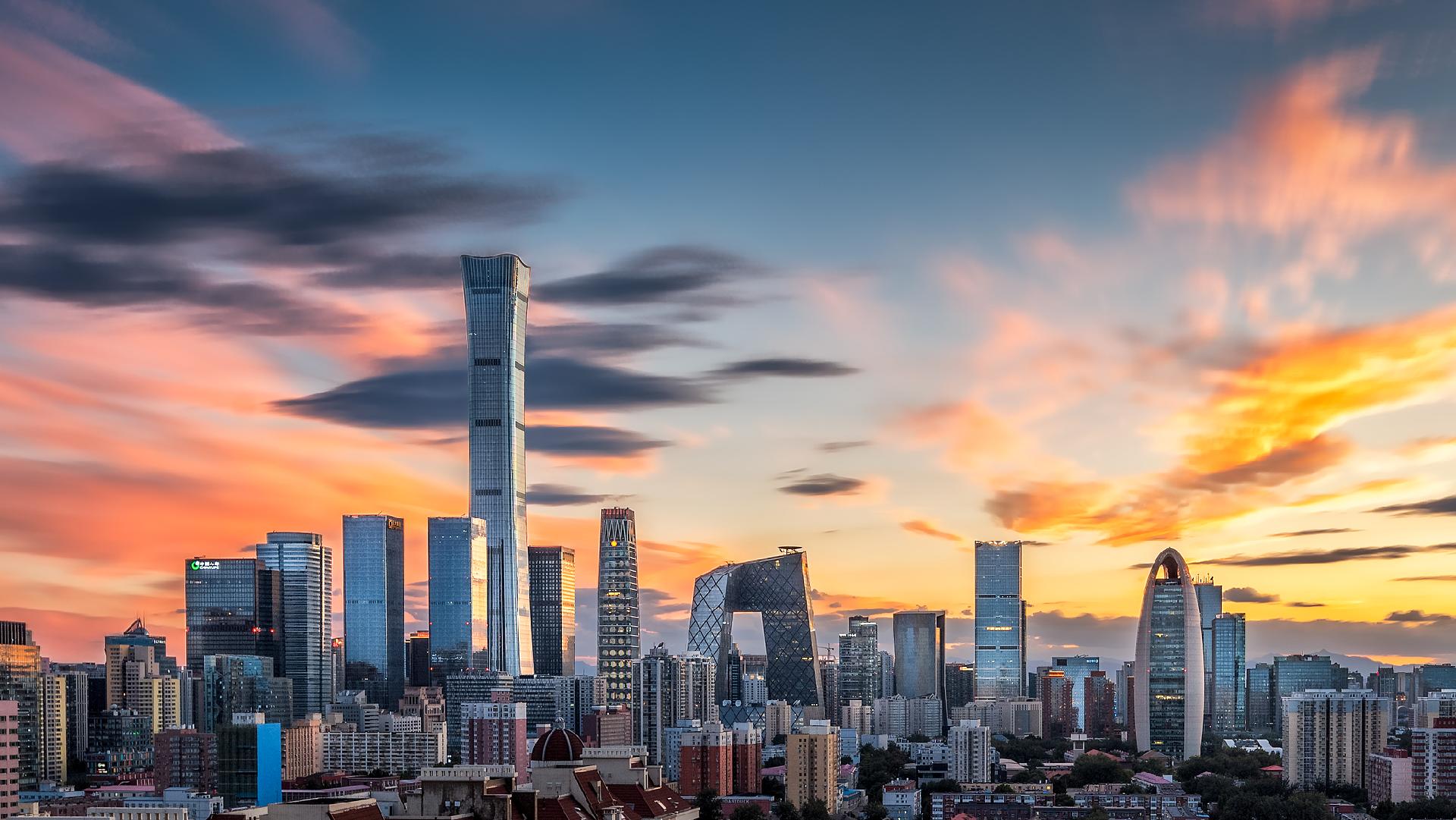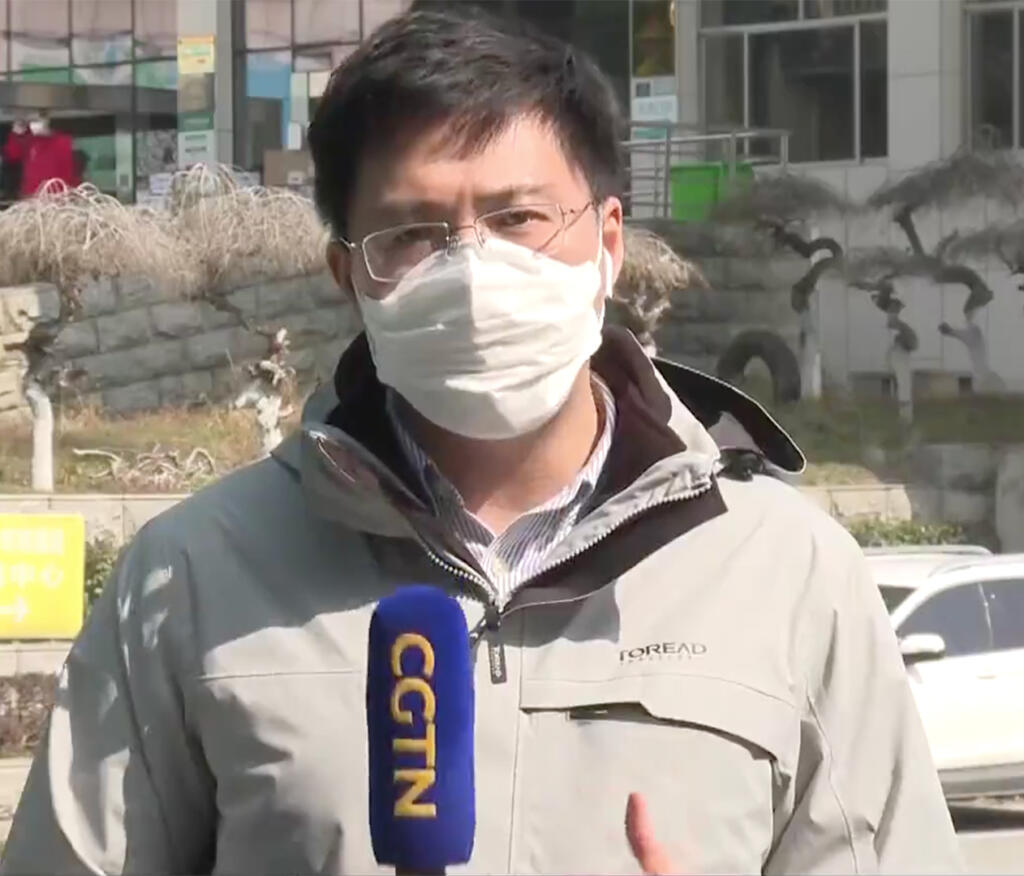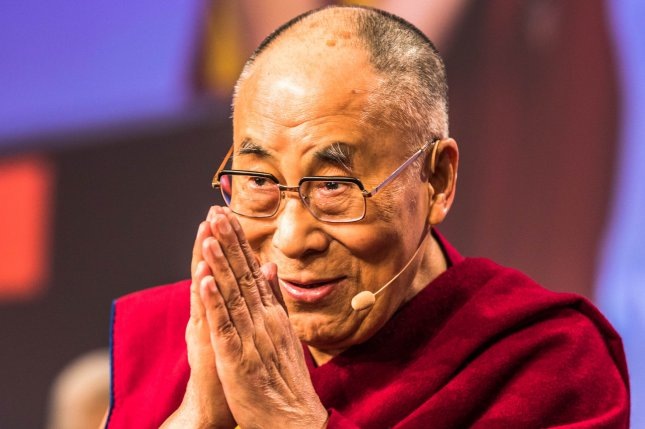
China’s opportunities for an “inclusive, beneficial, resilient” global development path

Zhou Jiaxin
CGTN Reporter
Beritabaru.co Business, international – Decorated with a flash of red, a super-sleek and silver-bodied high-speed train drew slowly out of Tegalluar Station in Bandung on Wednesday.
Chinese President Xi Jinping and Indonesian President Joko Widodo virtually monitored the trial of Southeast Asia’s first high-speed train in Bali, where Indonesia chairs the G20 Summit.
The two sides agreed to build and operate the Jakarta-Bandung High Speed Railway in 2015, and the construction has been in full swing since 2018. Despite a range of complex issues, President Widodo said the participating parties have made painstaking efforts without compromising on high standards and quality.
The railway, with a design speed of 350 km per hour, will speed up and improve the mobility of people and goods, enhance Indonesia’s overall competitiveness, and boost the local economy, said Widodo.
The landmark project is the first overseas construction project that fully uses Chinese railway systems, technology and industrial components, which is being showcased at the G20 Summit as part of China’s drive to deliver on projects under the Belt and Road Initiative (BRI).
In his speech, President Xi discussed China’s opportunities and concepts on global development.
Xi addressed the first session, saying the world is facing momentous changes unseen in a century, and named COVID-19, a fragile economy, tense geopolitics, inadequate global governance, and crises in food and energy, as “formidable challenges” to common development.
“It is imperative that all countries embrace the vision of a community with a shared future for mankind, and advocate peace, development, and win-win cooperation,” said the Chinese leader. “All countries should replace division with unity, confrontation with cooperation, and exclusion with inclusiveness.”
Inclusive Growth
“The Cold-War mentality has long been outdated,” Xi stressed, saying no one should engage in beggar-thy-neighbor practices, building “a small yard with high fences”, or creating a closed and exclusive club.
Beijing has seen Washington’s ideological lines and group politics as a threat to its sovereignty, security and right of development in a multi-polar world.
On Monday, at the highly-anticipated summit between Xi and his US counterpart Joe Biden, the two leaders had candid, in-depth exchanges that lasted over three hours on the sidelines of the G20. China urged to get relations back to a steady track from a downwards spiral.
The meeting came months after Beijing broke off a number of routine contacts with Washington after House Speaker Nancy Pelosi’s Taiwan visit. Beijing says the two sides should manage differences, while the US side stressed that competition should be prevented from becoming a conflict.
US Secretary of State Antony Blinken now plans to visit China among a series of resumed dialogues.
“Division and confrontation serve no one’s interest,” Xi told the session.
At the summit, Kristalina Georgieva, the Managing Director of the IMF, warned G20 leaders against allowing trade protectionism to “take root” and said fragmentation of the world economy into geopolitical blocs would significantly hurt growth.
“What we need to do is to join hands together and elevate our win-win cooperation to a new height,” said the Chinese president, quoting an Indonesian proverb as saying “sugarcane and lemongrass grow in dense clumps” which captures the value of solidarity.
“Only solidarity and common development are the right choice to make,” Xi concluded.
Beneficial to All
As the world’s largest developing country, China has played a leading role in initiating security and development programs globally, particularly among other developing countries.
The Global Development Initiative (GDI), proposed by Xi, is aimed at fostering international consensus on promoting development, cultivating new drivers for global development, and facilitating common development and progress of all countries.
China has also established the Global Development and South-South Cooperation Fund, and will increase its funding for the China-UN Peace and Development Fund.
Xi said China is working with 100-plus countries and international organizations on the GDI, thus providing new impetus for the implementation of the 2030 Agenda for Sustainable Development.
As for the “G20 Action for Strong and Inclusive Recovery”, China has submitted 15 projects and participated in five other projects within this framework.
China vows to deliver on these projects by working with G20 members. However, experts say China is trying to refocus the global trend on a more peaceful and accelerated development trajectory while some countries, including conservatives from the US side, think otherwise.
The US decoupling with China has exerted wider pressure on other countries, said Zhao Hai, the Director of International Political Studies at the National Institute for Global Strategy. “Those countries have to take sides in many cases, for instance, decoupling from China’s supply chain, suspending tech products and equipment exports to China, or cooperating with the US militarily.”
More Resilient
“Unilateral sanctions must be removed, and restrictions on relevant scientific and technological cooperation must be lifted,” Xi said.
One month ago, the Biden administration moved to cut Beijing’s supply of microchips, issuing two new rules limiting companies from exporting chips and chipmaking equipment to China while also pushing allies to do the same. Many see it more than a trade standoff and a reality developing into a geopolitical quake concerning other players and global governance systems.
The politicized “competition” between the two largest economies comes as economic globalization is encountering headwinds, and the world economy is at risk of recession.
At the G20, the Chinese leader highlighted food and energy insecurity, saying the crises are “the most pressing challenge in global development,” calling interrupted supply chains and international cooperation “the root cause of the ongoing crises.”
“We must resolutely oppose the attempt to politicize food and energy issues or use them as tools and weapons,” Xi said.
This year, China has proposed, together with six partners including Indonesia and Serbia, the Initiative of International Cooperation on Resilient and Stable Industrial and Supply Chains. China also joined other countries in calling for the establishment of the Global Clean Energy Cooperation Partnership, and put forward the International Cooperation Initiative on Global Food Security at the G20.
“We need to build a global partnership for economic recovery, always keep in mind the difficulties faced by developing countries, and accommodate their concerns,” Xi told world leaders at the summit. “Everyone is having a hard time, but developing countries are bearing the brunt.”
Xi said international financial institutions and commercial creditors, which are the main creditors of developing countries, should take part in debt reduction and suspension for developing countries, expressing support for the African Union joining the G20.
China is now implementing the G20’s Debt Service Suspension Initiative (DSSI), and has suspended the largest amount of debt service payment among all G20 members.
Meanwhile, China is working with some G20 members on the debt treatment under the Common Framework for Debt Treatment beyond the DSSI, thus helping relevant developing countries navigate through difficult times.
China Opportunities
The Chinese president also referred to the National Congress that the Communist Party of China recently convened. President Xi, also the General Secretary of the CPC Central Committee, said the meeting reaffirmed that China will stay committed to peaceful development, opening-up, and promote national rejuvenation through a China path to modernization.
“A China marching toward modernization will bring more opportunities to the world, inject stronger momentum for international cooperation, and make greater contribution to human progress,” said Xi.
The cooperation of the Jakarta-Bandung railway is definitely a manifestation. During the meetings with South African President Ramaphosa and Argentinian President Fernandez, Xi also emphasized deepening cooperation under multilateral mechanisms such as the BRICS and advancing the BRI by expanding cooperation in sectors such as agriculture, energy and infrastructure, as well as on climate change.
References:







